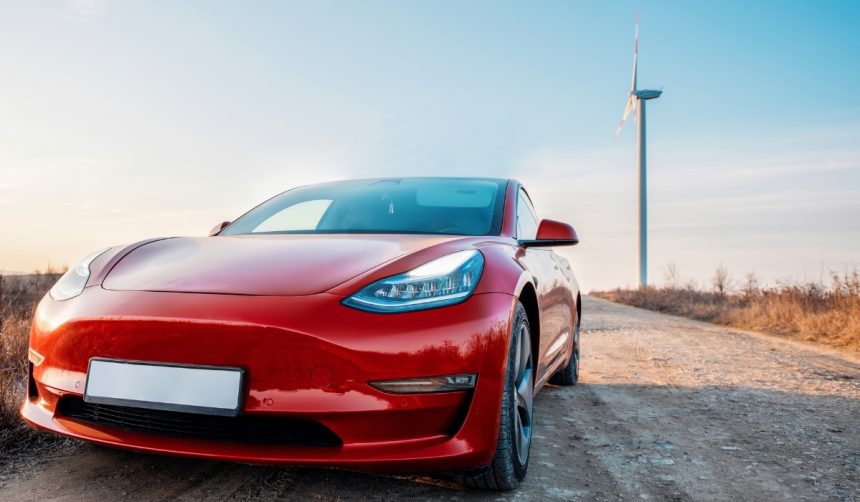Tesla continues to emphasize its commitment to American manufacturing, showcasing a strong presence in the North American automotive market. The company’s focus on local parts not only supports regional suppliers but also appeals to consumers prioritizing domestic production. This strategic approach enhances Tesla’s reputation as a leading EV manufacturer in the United States and Canada.
The National Highway Traffic Safety Administration (NHTSA) released a report confirming Tesla’s extensive use of U.S. and Canadian components in its vehicles. This data underscores Tesla’s efforts to maintain a high level of localization in its supply chain, distinguishing its models from competitors in the electric vehicle sector.
How Does Tesla Compare to Other Automakers?
Tesla’s Model 3 AWD and RWD lead the market with 75 percent North American parts, matching only the Honda Ridgeline Sport in part content. Other models like the Model Y, Cybertruck, and Model S also show significant local component usage, ranging from 60 to 70 percent. This positions Tesla as a prominent U.S. manufacturer within the industry.
What Parts Make Up Tesla’s High Local Content?
The high percentage of North American components in Tesla vehicles includes key elements such as batteries, electric motors, and vehicle assemblies sourced from within the U.S. and Canada. This reliance on local suppliers ensures quality control and reduces dependency on international parts, supporting Tesla’s manufacturing efficiency and sustainability goals.
What Impact Does This Have on Tesla’s Market Position?
By utilizing a substantial amount of North American parts, Tesla strengthens its market position as a leading EV manufacturer committed to supporting domestic industries. This strategy not only appeals to American consumers but also aligns with government policies favoring local production, potentially influencing future regulations and consumer preferences.
In the past, Tesla has frequently highlighted the American-made nature of its vehicles, a claim now reinforced by the NHTSA report. This consistent messaging supports the company’s branding efforts and differentiates its products in a competitive market. The recent report serves as an official endorsement of Tesla’s claims, enhancing credibility and consumer trust.
Tesla’s emphasis on North American parts aligns with broader industry trends towards localization and sustainability. As supply chains become more resilient and environmentally conscious, Tesla’s strategy may offer a competitive advantage. Consumers increasingly value transparency and ethical production practices, which Tesla addresses through its commitment to local part sourcing.
Tesla’s strong presence in the North American market, backed by substantial local parts content, positions it favorably against competitors. This approach not only supports economic growth within the region but also ensures Tesla remains adaptable to changing market dynamics and regulatory environments. By maintaining high standards in local manufacturing, Tesla continues to drive innovation and set benchmarks in the EV industry.
Tesla’s strategy of maximizing North American components strengthens its supply chain resilience and supports local economies. This commitment provides a foundation for sustained growth and innovation, ensuring Tesla remains a key player in the evolving automotive landscape. Investors and consumers alike may find confidence in Tesla’s consistent focus on quality and local production.










